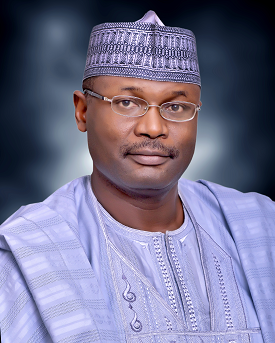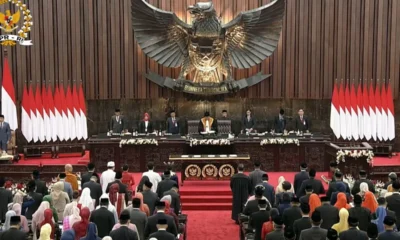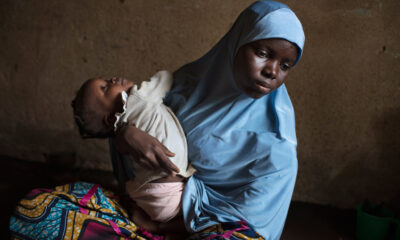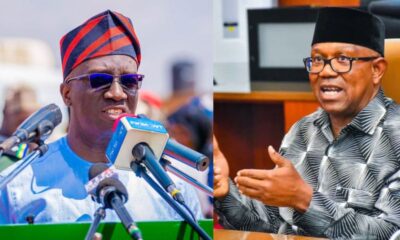Africa
INEC And The Quest For Credible Elections In Nigeria -By Anwar Adamu

Few institutions in Nigeria generate as much attention, criticism, and expectation as the Independent National Electoral Commission (INEC). As the body responsible for conducting elections in Africa’s largest democracy, INEC carries the weighty responsibility of determining how power is transferred and how citizens’ voices are heard at the ballot box. In a country where elections are often marred by controversy, the commission is constantly under scrutiny.
Since its establishment in 1998, INEC has presided over six general elections and countless off-season polls. While progress has been made in strengthening Nigeria’s electoral process, the commission has also faced recurring challenges of logistics, transparency, and credibility. Each election cycle brings both new reforms and fresh accusations, leaving many Nigerians questioning whether true electoral integrity is within reach.
One of INEC’s most significant reforms in recent years has been the adoption of technology. The introduction of the Bimodal Voter Accreditation System (BVAS) and the INEC Result Viewing Portal (IReV) was widely celebrated as a game changer. These tools were designed to reduce electoral fraud, enhance transparency, and restore public confidence in the process. However, the 2023 general elections exposed gaps in implementation, with reports of system glitches, delays in result transmission, and allegations of manipulation.
Logistics remain another major headache for the commission. From the late arrival of materials at polling units to difficulties in reaching remote communities, election day operations often reveal the weaknesses of Nigeria’s infrastructure. These recurring logistical challenges not only frustrate voters but also undermine the credibility of the results. Many Nigerians argue that until logistics are properly handled, technology and reforms will have limited impact.
Security during elections is another pressing concern. Electoral violence, intimidation of voters, and clashes between rival groups remain common features of Nigeria’s elections. Although INEC works with security agencies, it has often been accused of being unable to guarantee a safe voting environment. This has discouraged voter turnout in some areas, weakening citizens’ trust in the democratic process.
Beyond the mechanics of elections, INEC also faces accusations of bias and political interference. Opposition parties frequently accuse the commission of favouring incumbents, while ruling parties defend its neutrality. This perception problem is as damaging as actual malpractice, since it erodes public trust in an institution that should serve as an impartial umpire.
Despite these criticisms, INEC has recorded notable achievements. Voter education campaigns, expansion of polling units, and improvements in the voter register have helped broaden democratic participation. Nigeria now has one of the largest biometric voter databases in the world, a resource that could be a valuable tool for governance if properly maintained and updated.
For many Nigerians, the way forward lies in strengthening INEC’s independence. Stakeholders argue that funding for the commission should be guaranteed and insulated from political control, while appointments into its leadership must be based on competence and neutrality rather than political loyalty. Such reforms, they believe, would go a long way in enhancing credibility.
As Nigeria’s population continues to grow, elections will only become more complex and competitive. INEC must therefore adapt by embracing innovation, improving logistics, and rebuilding public trust. Credible elections are the foundation of any democracy, and without a trusted electoral body, Nigeria’s democratic experiment will remain fragile.
The journey to credible elections is far from over, but INEC still holds the key. Its ability to reform itself, resist political pressure, and deliver transparent processes will determine not just its legacy, but also the future of Nigeria’s democracy.
Anwar Adamu is A 300 Level Student From Mass Communication Department University Of Maiduguri.




























